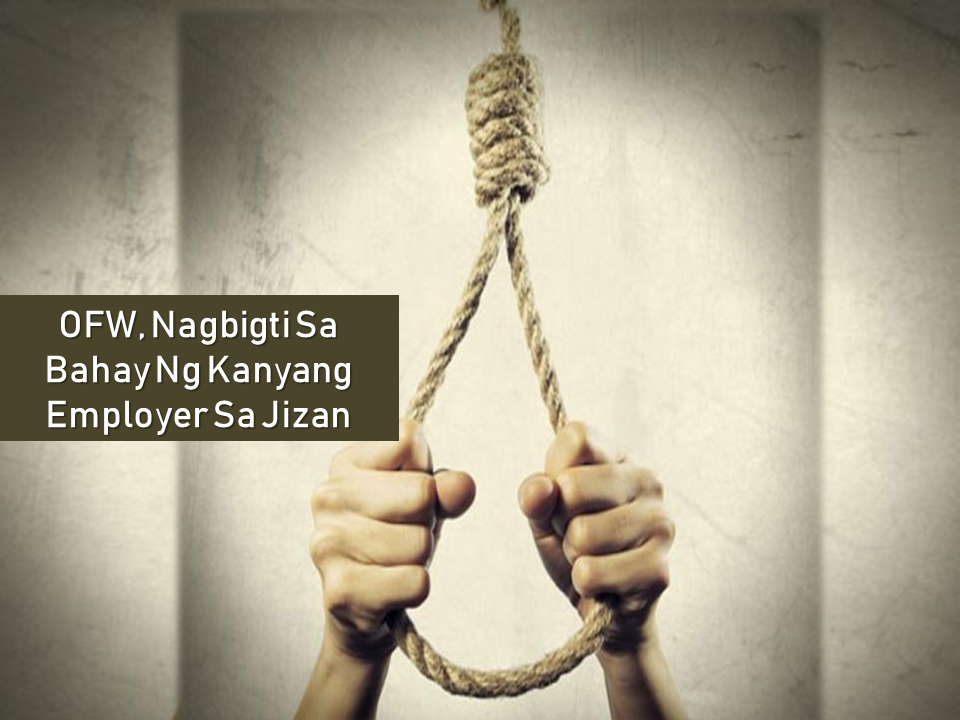A study which was conducted by a Chinese University reveals the very unfavorable working conditions of foreign domestic helpers in Hong Kong which includes thousands of overseas Filipino workers (OFW) who work as household service workers (HSW) and Indonesians.
Ads
The Chinese University’s Research Centre on Migration and Mobility conducted a survey and it turns out that there are already 380,000 foreign domestic helpers in Hong Kong. The study also revealed that the working condition of these foreign domestic helpers was totally pathetic.
According to the survey made with 2,000 respondents, 70.6% are working 13 hours per day and about 34.6% still had to work on their day off.
More so, there are also about 5.9% of foreign domestic helpers who are not given a day off in a single week. About 23.7% also do not have a break even on legal holidays.
One of the researchers Professor Raees Begum Baig finds the live-in set up to be the culprit for this longer work hours.
“It is very hard to define what is formal work and what is not.” Says Baig.
Among other statistics are:
These domestic helpers, mostly Filipinos and Indonesians, have poor health because of long working hours and unjust treatment of their employers.
- 6% feel discriminated
- 9% is not being treated well by their employers
- 3% have never received their wage on time
- 8% are earning less than the statutory monthly required salary
- 3% still have to pay their home agency
- 46% still have to pay a local agency
Ads
©2019 THOUGHTSKOTO
























